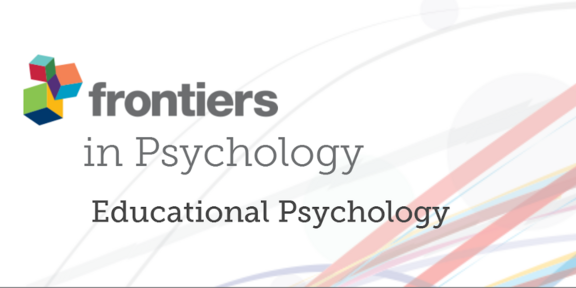New journal article in Frontiers in Psychology published
- Publications
- News

Ludewig, U., Kleinkorres, R., Schaufelberger, R., Schlitter, T., Lorenz, R., König, C., Frey, A. & McElvany, N. (2022). COVID-19 Pandemic and Student Reading Achievement: Findings From a School Panel Study. Frontiers in Psychology. 13:876485. doi.org/10.3389/fpsyg.2022.876485
Since 2020, the COVID-19 pandemic had an impact on education worldwide. There is increased discussion of possible negative effects on students’ learning outcomes and the need for targeted support. The researchers examined fourth graders’ reading achievement based on a school panel study, representative on the student level, with N = 111 elementary schools in Germany (total: N = 4,290 students, age: 9–10 years). The students were tested with the Progress in International Reading Literacy Study instruments in 2016 and 2021. The analysis focused on (1) total average differences in reading achievement between 2016 and 2021, (2) average differences controlling for student composition, and (3) changes in achievement gaps between student subgroups (i.e., immigration background, socio-cultural capital, and gender). The methodological approach met international standards for the analysis of large-scale assessments (i.e., multiple multi-level imputation, plausible values, and clustered mixed-effect regression). The results showed a substantial decline in mean reading achievement. The decline corresponds to one-third of a year of learning, even after controlling for changes in student composition. The study found no statistically significant changes of achievement gaps between student subgroups, despite numerical tendencies toward a widening of achievement gaps between students with and without immigration background. It is likely that this sharp achievement decline was related to the COVID-19 pandemic. The findings are discussed in terms of further research needs, practical implications for educating current student cohorts, and educational policy decisions regarding actions in crises such as the COVID-19 pandemic.






![[Translate to English:] [Translate to English:]](/storages/ifs-ep/_processed_/3/0/csm_iStock-1180187740_Orbon_Alija_bc1514e180.jpg)